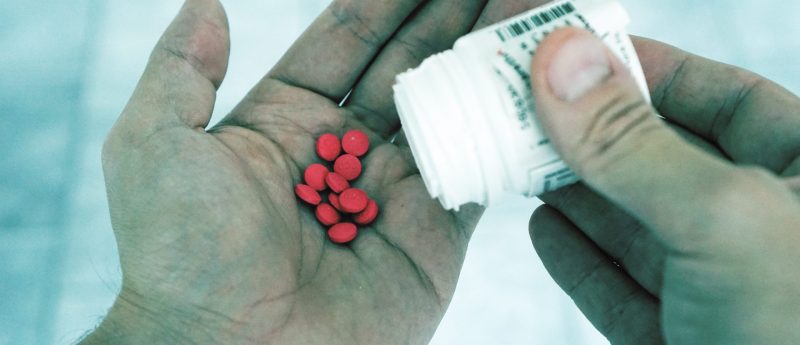Real-world data concerning apixaban use for venous thromboembolism treatment in individuals with cancer

Bristol-Myers Squibb (NJ, USA) and Pfizer (NY, USA) have jointly announced results of real-world analyses concerning the comparative effectiveness of Eliquis® (apixaban) versus low-molecular-weight heparin for venous thromboembolism treatment in individuals with cancer.
Bristol-Myers Squibb (NJ, USA) and Pfizer (NY, USA) have jointly announced results of retrospective, real-world analyses concerning the comparative effectiveness of Eliquis® (apixaban) versus low-molecular-weight heparins for venous thromboembolism treatment in 14,086 individuals with active cancer. The data, presented at the 61st annual meeting of the American Society of Hematology (7—10 December 2019; Orlando, FL, USA), suggest that Eliquis confered lower rates of major bleeding, clinically relevant non-major bleeding and recurrent venous thromboembolism compared with low-molecular-weight heparin.
Venous thromboembolism — a potentially fatal blood clot commonly found in the lungs or legs — is the most common cause of vascular death after heart attack and stroke. Previous studies have highlighted that individuals with active cancer are at increased risk of developing venous thromboembolism compared with individuals without cancer.
In their analyses, researchers from the Bristol-Myers Squibb—Pfizer Alliance employed data from four commercial insurance claims databases in the USA. Eligible study participants were defined as having active cancer — patients had to have received a cancer diagnosis or be in receipt of cancer treatment — within the 6-month period prior to their venous thromboembolism diagnosis, or within 100 days following diagnosis.
Risk of bleeding events was assessed through the use of Cox proportional hazard regression; inverse probability treatment weighting was employed to balance patient characteristics across the treatment-receiving groups.
Primary data analysis demonstrated that Eliquis was associated with reduced rates of major bleeding, clinically relevant non-major bleeding and recurrent venous thromboembolism compared with low-molecular-weight heparin — demonstrated by hazard ratios of 0.63, 0.81 and 0.61 respectively.
Researchers also observed that Eliquis conferred a lower rate of recurrent venous thromboembolism and equivalent rates of major bleeding and clinically relevant non-major bleeding risks when compared to warfarin — a common blood thinning drug. Outcomes were defined based on diagnosis codes and setting of care.
Commenting on the analysis, Alexander Cohen (Guy’s and St. Thomas’ NHS Foundation Trust; London, UK) stated: “Real-world evidence analyses such as this have the potential to provide additional insights into complex patient populations such as those with VTE and active cancer. Results from these analyses are a welcomed addition to the growing body of data around recurrent [venous thromboembolism] in patients with active cancer.”
Source:
